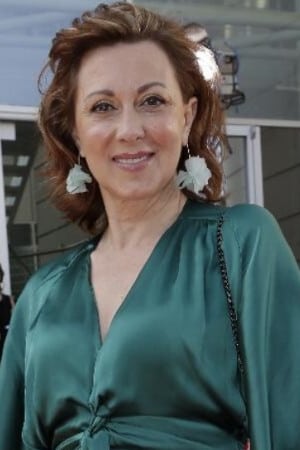
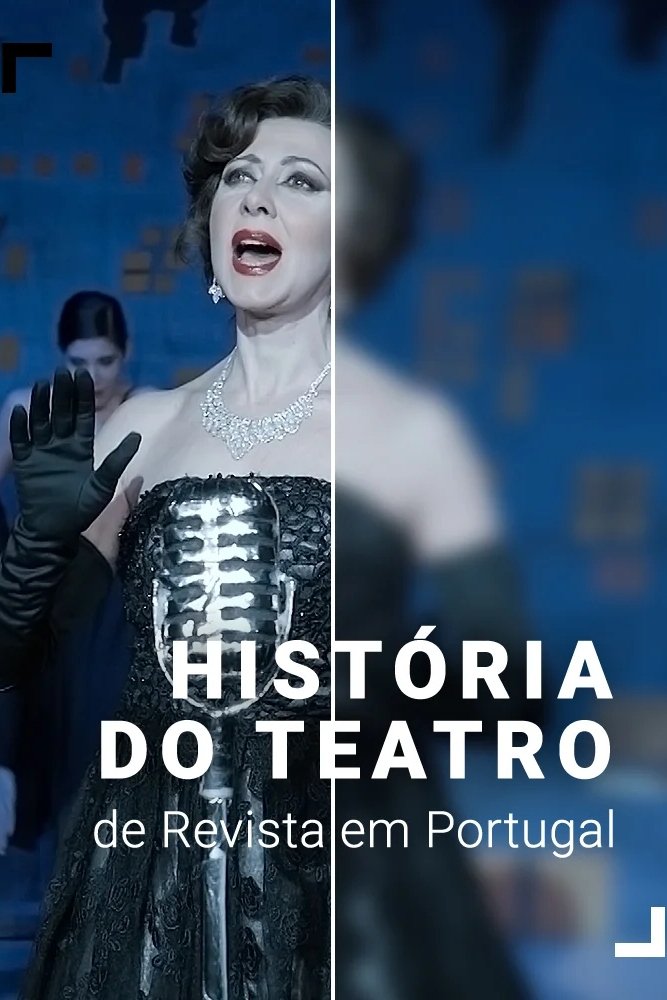

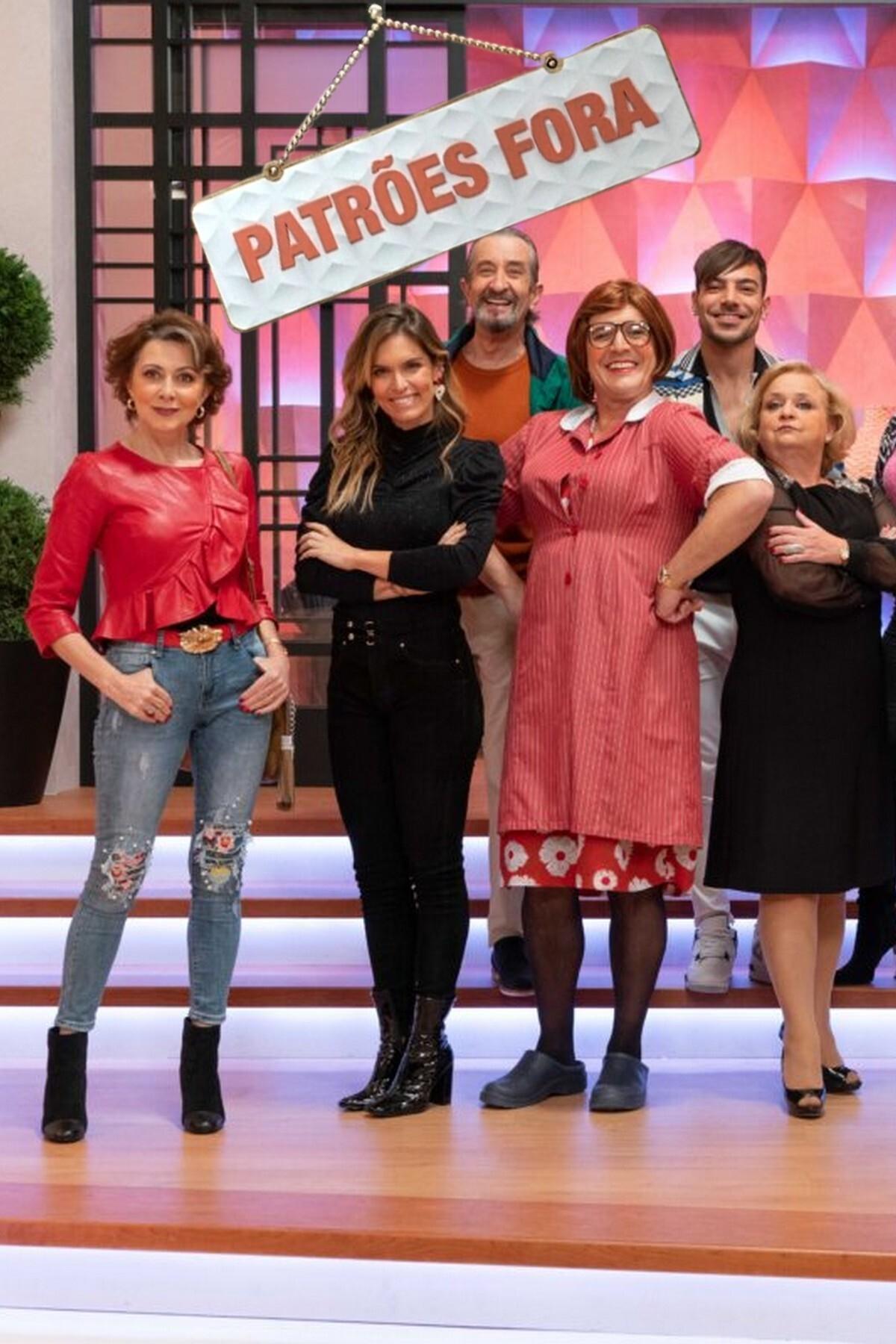
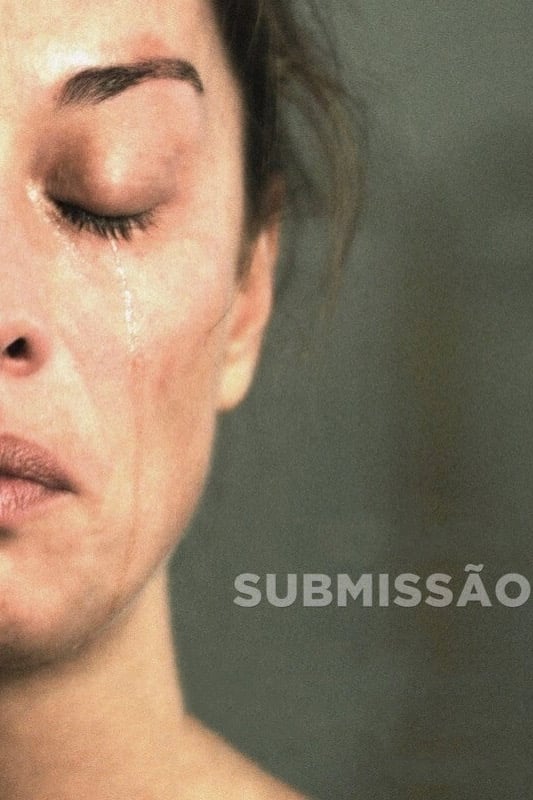
Lúcia is raped by her husband and presses charges against him. She fights the Portuguese legal system along with the Prosecutor's Assistant, Maria João Correia, to force her husband, the son of the State's Vice Attorney, into Court. The case takes place in closed session where Lúcia tries to find justice in a predominantly male world.
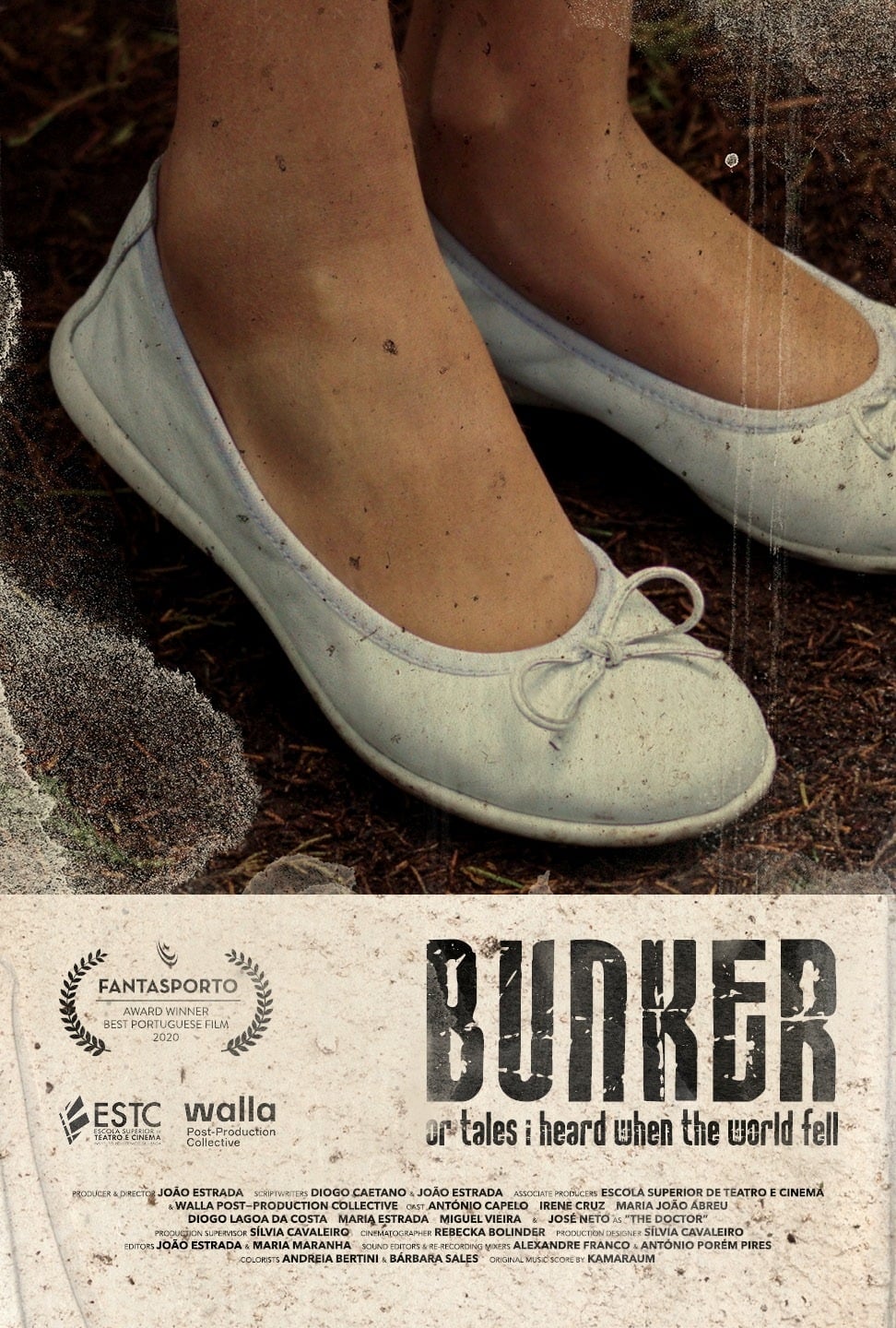
In a world polluted by atomic radiation, five survivors find shelter in an underground bunker. The sudden discovery of a rare and miraculous medicine will become a source of quarrel within the group.
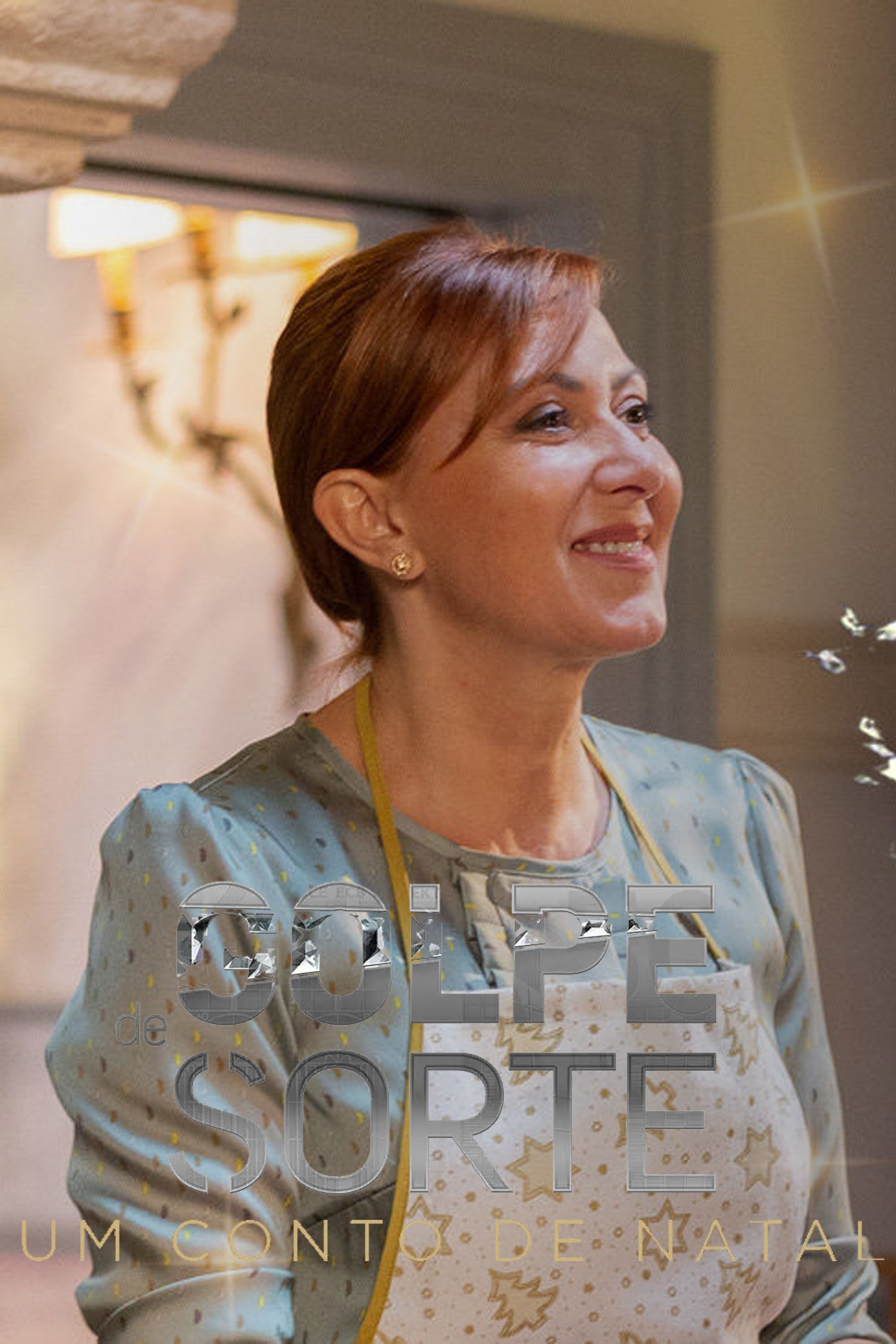
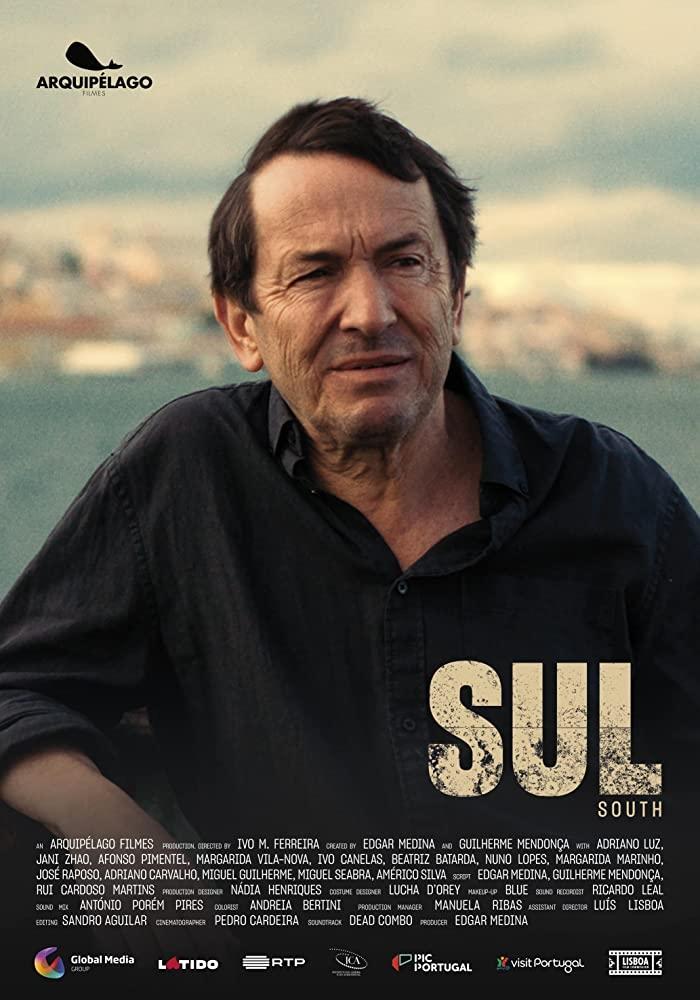
The series develops around cases of homicides that occurred during the summer, at the time of the economic and social crisis that affected Portugal.
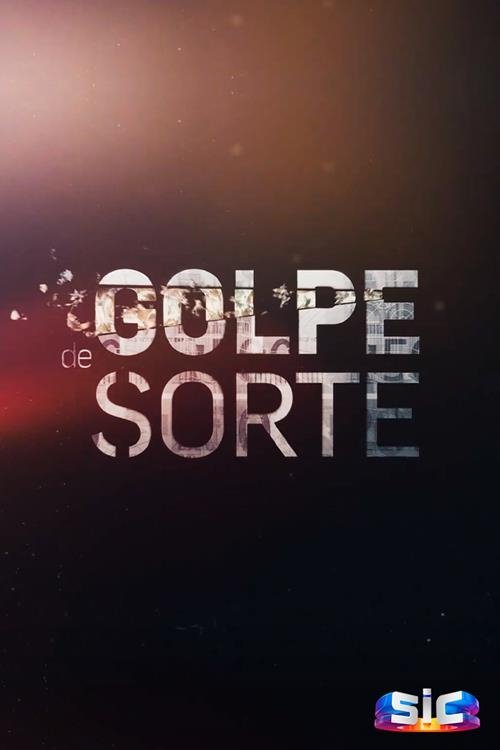

With Algarve and South Africa as main stages, Paixão tells the story of a love that was destroyed by a lie. This is the story of a man determined to fight for justice and to recover ten years of his life and an unshakable love that resists time and all threats.
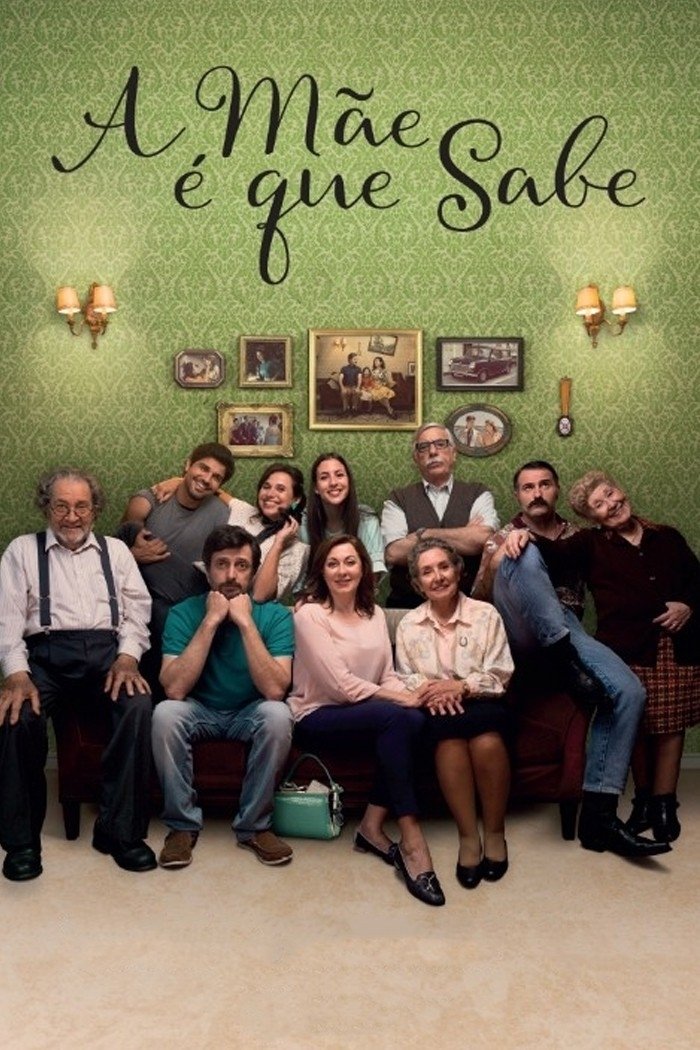
The family of Ana Luisa meets at home to celebrate her father's birthday. As the guests sit around the table they will share memories of the past, in which all have a common denominator: the late Josefa, Ana Luisa's mother. Hearing the stories, Ana Luisa realizes the impact that his late mother had on their life choices and imagines what would have happened if she had followed other paths, taken other options and said what was unsaid. At the same time, an event of unknown origin causes a change in space and time, enabling people all over the world the access to parallel universes. Ana Luisa will thus have the opportunity to change the past...
Maria João Abreu, was a Portuguese film, television and stage actress. Her most notable works include Portuguese TV series Médico de Família, Aqui Não Há Quem Viva, Golpe de Sorte, and her strong presence in the typical Portuguese genre of "teatro de revista". She was famous for her uplifting roles, mostly associated with humour.
By browsing this website, you accept our cookies policy.